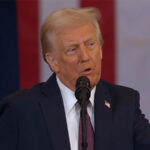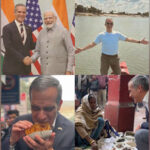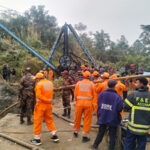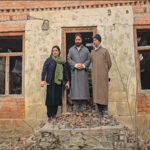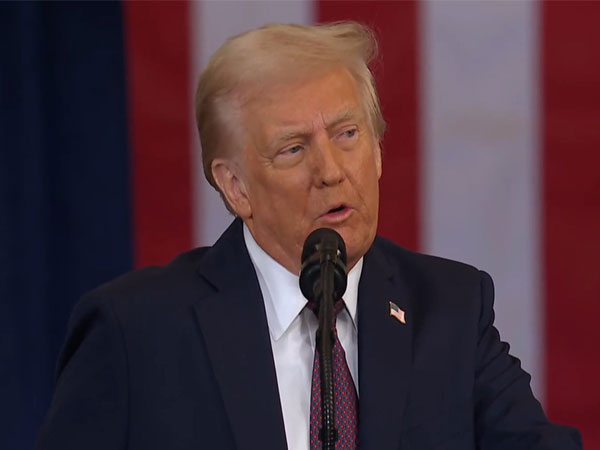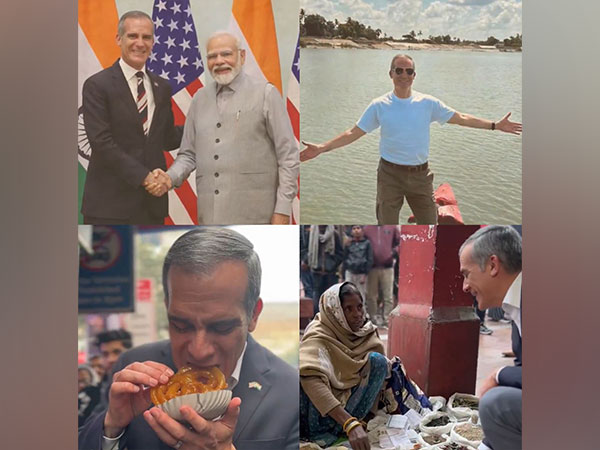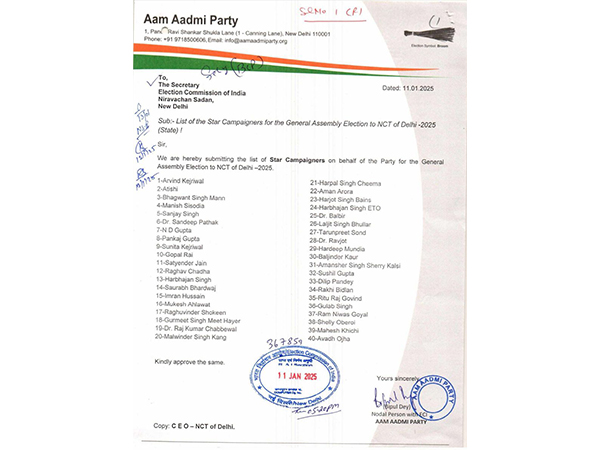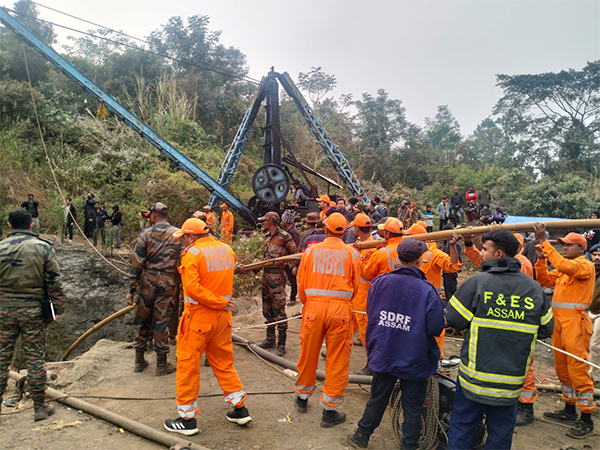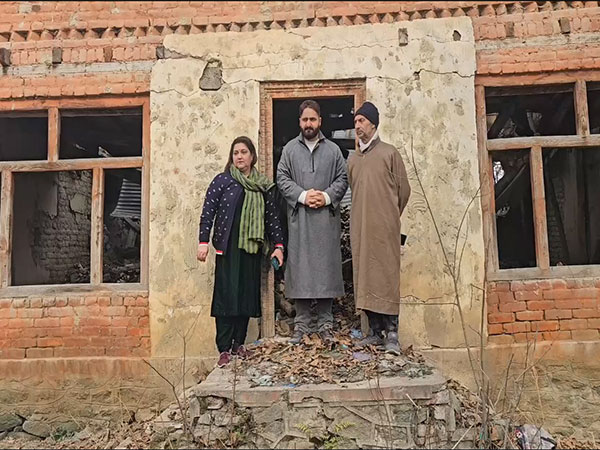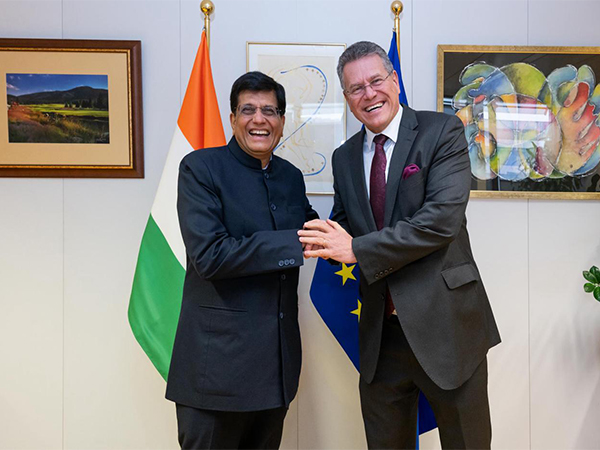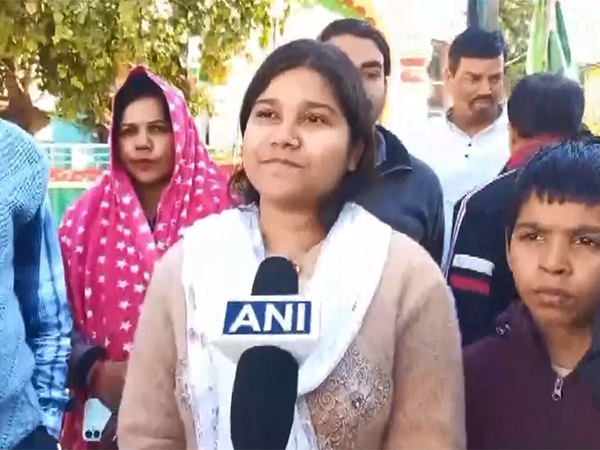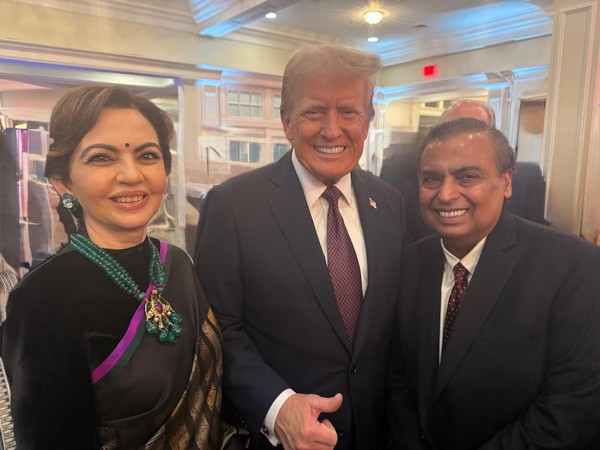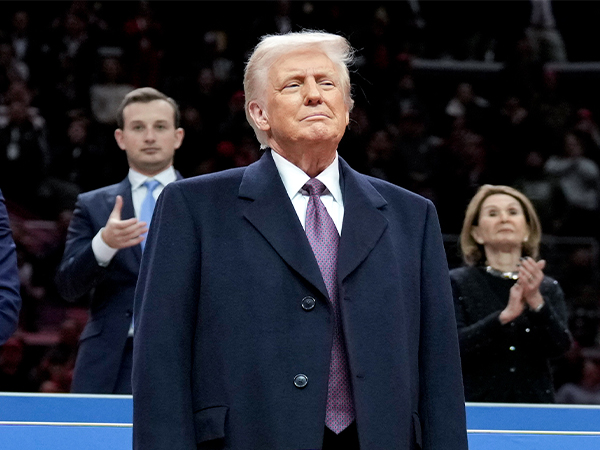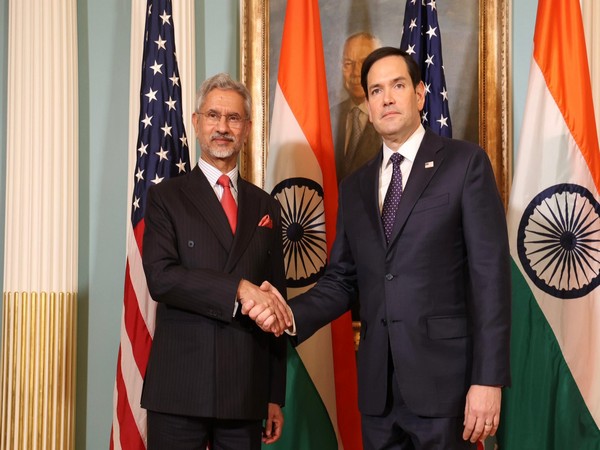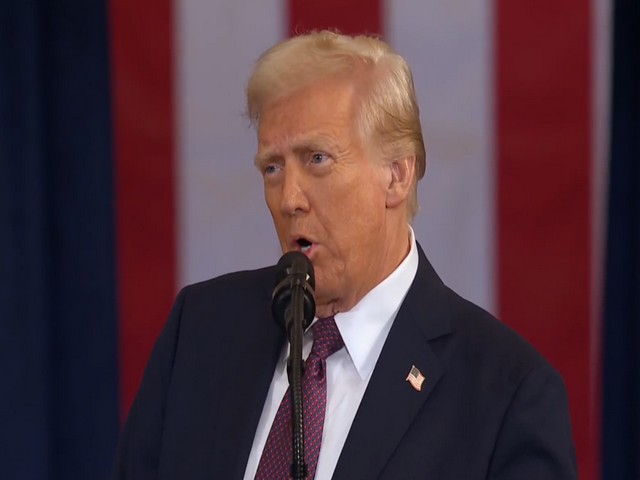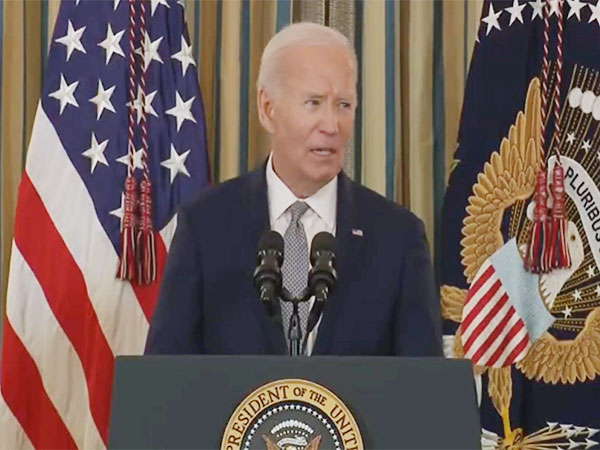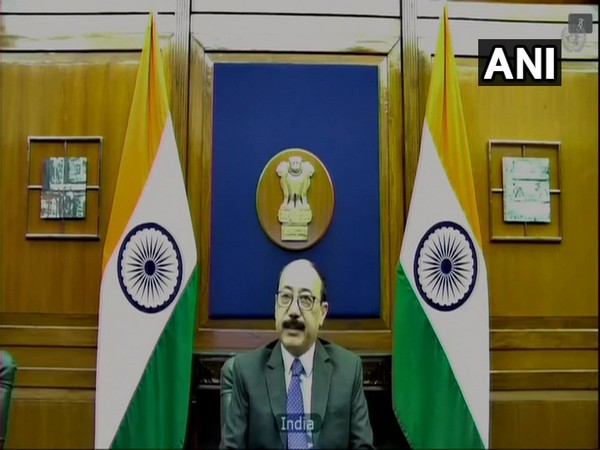
New Delhi [India], June 28 (ANI): Noting that the world is witnessing a dangerous and worrying trend of an increase in the number of children being recruited and involved in terrorism-related activities, Foreign Secretary Harsh Vardhan Shringla on Monday said there is need for a more coordinated approach in implementing the child protection and counter-terrorism agendas.
He said there must be greater accountability and sincere efforts to bring the perpetrators to justice by governments from whose territory such entities operate.
Addressing the United Nations Security Council (UNSC) high-level open debate on children and armed conflict on Monday evening through video conferencing, Shringla said COVID-19 pandemic has further negatively impacted children in situations of armed conflict, including by hampering their access to education, health and social services.
“It has made them susceptible to grave violations, particularly through recruitment and abduction. It is, therefore, important that states keep child protection concerns at the core of their pandemic response measures and recovery plans,” he said.
Shringla said the scale and severity of violations perpetrated against children in armed conflict remain on the rise.
He said national governments have the primary responsibility for protecting the rights of the child as mandated by the Convention on the Rights of the Child.
” We are witnessing a dangerous and worrying trend in global terrorism and that is an increase in the number of children that are being recruited and involved in terrorism-related activities. Terror groups take advantage of the fact that children are the most susceptible to manipulation. School closures due to the pandemic have provided an even greater opportunity to these terrorist groups to target children, including through online avenues, for radicalization and indoctrination in violent extremist ideologies.
“We believe that there is a need for a more coordinated approach in implementing the child protection and counter-terrorism agendas. States need to demonstrate greater political will to hold the perpetrators of terrorism and their sponsors to account, and to fulfil the Council’s child protection obligations,” he said.
The Foreign Secretary also called for ending impunity for all actors responsible for inciting and perpetrating grave violations against children.
“There must be greater accountability and sincere efforts to bring the perpetrators to justice by governments from whose territory such entities operate. Close cooperation between the UN and its Member States concerned is critical for developing an effective and sustainable policy for repatriation and reintegration of children affected by armed conflict.”
He expressed concern that the report includes situations that are not of armed conflict.
“Despite the Council’s clear mandate, we note with concern that the Secretary General’s report includes situations that are not situations of armed conflict or threats to the maintenance of international peace and security. We must be cautious as attempts to selectively expand the mandate politicizes the agenda, diverting attention from real threats to international peace and security and to children in armed conflict.”
Shringla said states should adopt an inclusive approach to provide protection to child victims during the rehabilitation and reintegration process in post-conflict situations.
“We encourage Member States to ratify the Optional Protocol to the Convention on the Rights of the Child on the Involvement of Children in Armed Conflict and to adopt robust legal frameworks for protection and promotion of child rights. The aim should not be merely protecting children from child-related crimes but also to provide them with holistic development opportunities, including free and compulsory education.”
He said assistance to national governments for capacity building and strengthening legal and operational tools for child protection is vital.
“The monitoring and reporting mechanism of the UN should ensure continuous involvement of and close cooperation with the Member States concerned, including ensuring the veracity and reliability of data collection.”
Referring to India’s experience in UN peacekeeping over the decades, he said there is a need to have sufficient resources and a requisite number of child protection advisers in peacekeeping missions for the effective implementation of child protection programmes.
“The Council may consider incorporating adequate child protection provisions and capacities in all relevant mandates of UN peacekeeping operations.”
Shringla said engagement of the UN, particularly the office of the Special Representative of the Secretary-General for Children and Armed Conflict, with parties engaged in armed conflict has resulted in the release of 12,643 children over the last year.
“This positive trend must continue,” he said, adding that India is firmly committed to supporting the UN in its endeavours to protect children in situations of armed conflict. (ANI)
